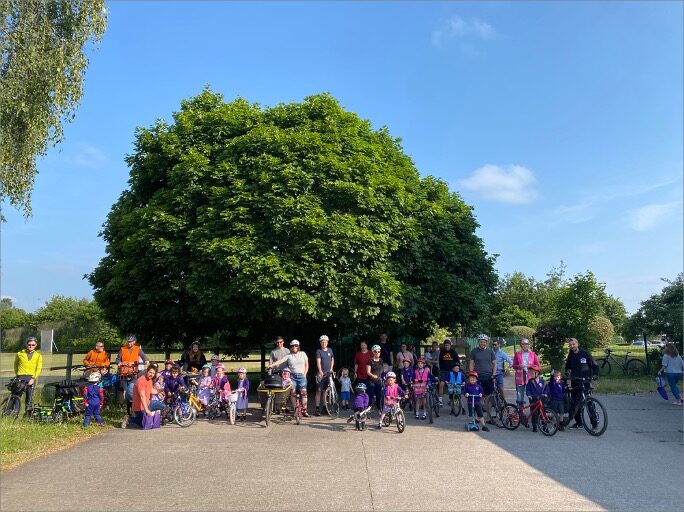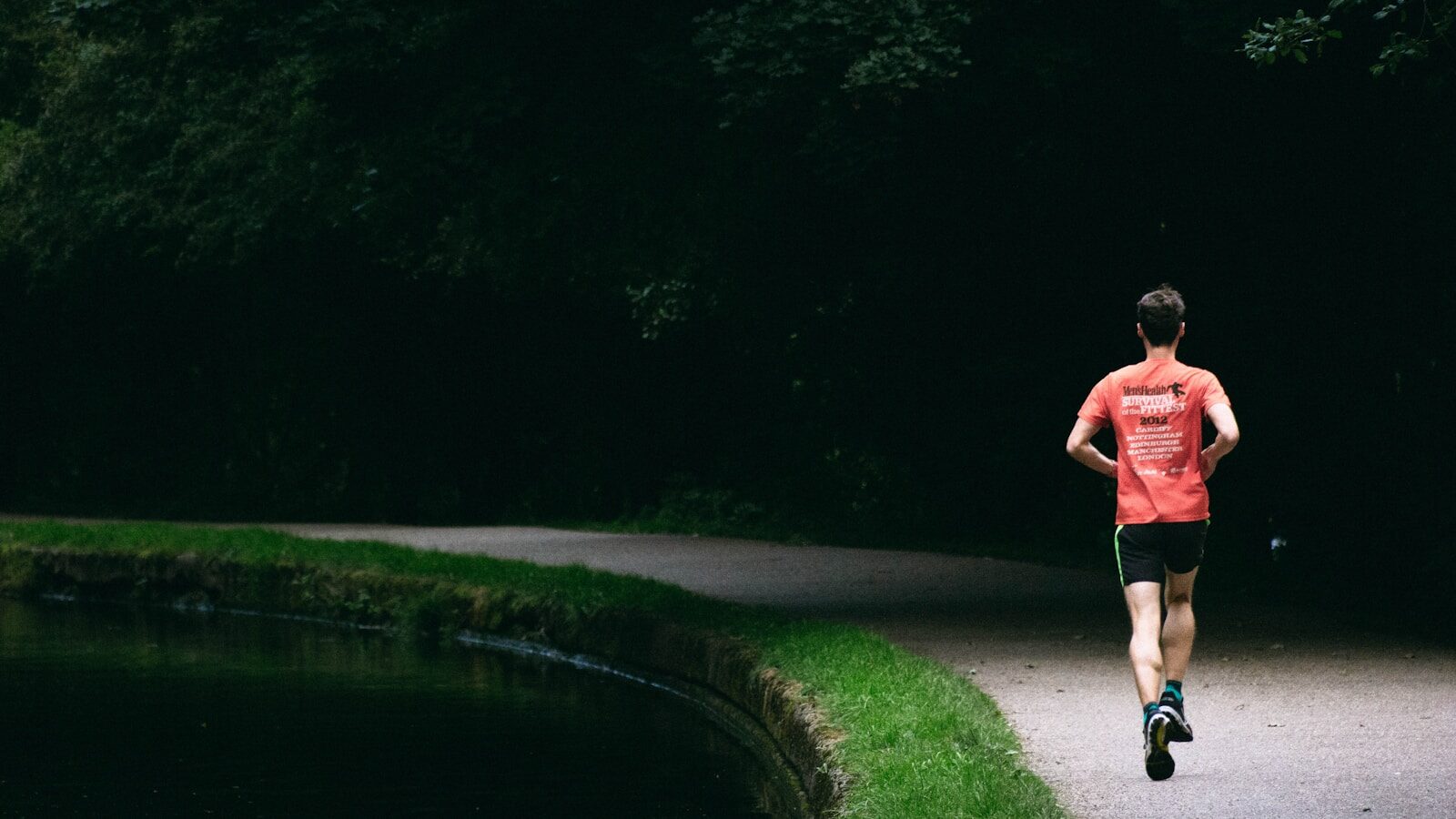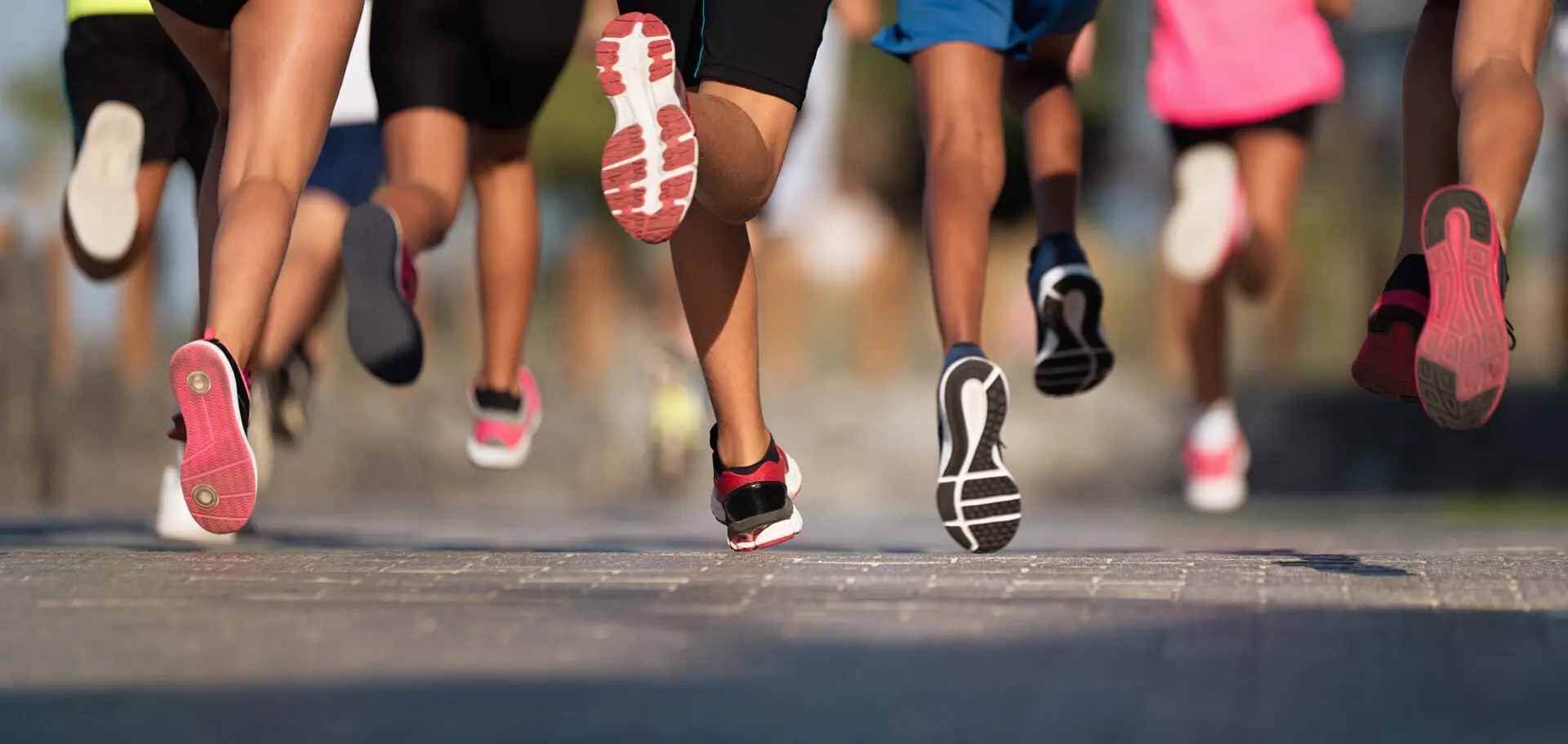The movement developing children’s independence in a fun and playful way
On International Day of Play, Kate Collier from Play Worcester in the UK reflects on how an active mobility practice is injecting playful time into children’s journey to school.
The amount of freedom our children experience in their own neighbourhoods has been decreasing for several decades now. Walking home from school and then playing out with your friends in your own street has become increasingly rare in the UK. In 1971, 86% of primary school children in England travelled home alone; by 2013, this had dropped to 25% (Intelligent Health). There are a number of reasons for this, but road danger is key to this shift. In the UK, someone is killed or seriously injured on the roads every 17 minutes (Figure from Brake.org.uk reflecting a 10 year average from 2014 to 2023). Children’s independent mobility has been curbed because our roads are busier, more dangerous and cars are bigger than ever.
It is not just children’s journey choices affected, but opportunities to play freely. Research carried out in 2022 and reported by Save the Children found that just 27% of children regularly play outside their own, whilst for those aged 55-64 it was 80%. The chance to navigate the world independently through play is now missing from the lives of many children, and the impact is severe. Opportunities to play are vital for children’s mental health and wellbeing- The Good Childhood Report 2024 reported on continuing decline in the wellbeing of young people. The recent interim report from ‘Raising the Nation’ in the UK also reported that the amount of time children spend outside has declined 50% in a generation which is hugely significant when playing outside with friends is so beneficial to physical health, socialisation, independence, learning new skills and developing resilience.
In face of these challenges, there are already brilliant examples of organisations sparking major change in communities; ‘Playing Out’– an organisation based in Bristol, UK- have been doing amazing work for over a decade to restore children’s freedom to play out where they live. In the active travel sphere, “Bike Bus” aims to inspire similar change and make wheeling (cycling, scooting) and walking to school the norm. What bike bus does is take the mundane journey to school and make it a playful start to the day.
The concept of bike buses is a growing world-wide movement united by the same aim: children being able to get to school safely in an active way. In areas where safe cycling infrastructure is lacking, groups of parents and cycling advocates have come together to create human infrastructure to enable those journeys on neighbourhood streets and roads. A route is planned and agreed, there are pick up stops along the way and the children typically cycle and scoot to get to school in a group with their parents or other organising adults.
When I set up a bike bus to my son’s school with other parents here in Worcester, our initial objectives were around safety and physical activity. We knew that a bike ride at each end of the school day held great benefits for our primary aged children’s health. What we had not fully appreciated was how much FUN the bike bus would be. Whilst bike bus is not an example of free play, it is a brilliant example of bringing a community together playfully. Getting to school is a necessary journey for all our families but the bike bus brings them together and injects some joy into that routine. There is often music, bubbles, and stickers; all elements that help build the sense of fun and community. Children from different year/grade groups can chat as they cycle along and build relationships in a new context. To witness a bike bus is to witness laughter, fun and exhilaration. Above all, children are clawing back some of that independence that has been taken from them by participating in a movement that says ‘make space for us!’

The Bike Bus movement is a rally cry for safer streets where children can undertake journeys independently with reduced road danger and increased opportunities to wheel and walk. The Clean Cities campaign releases an index of cities each year that are ranked on how they prioritise the needs of children. These measures include school streets; safe speeds and amount of protected cycling infrastructure. A world where these become common place would make a huge difference to our children’s independence; health and sense of belonging in their own localities. Is there a place for bike bus in that world? I think there will always be a place for something so noisy, so colourful, so joyful.

You can hear what some of the children say about their bike bus هنا.
Kate Collier is a bike bus leader in Worcester, UK, a children’s rights campaigner and champion of all things playful.


